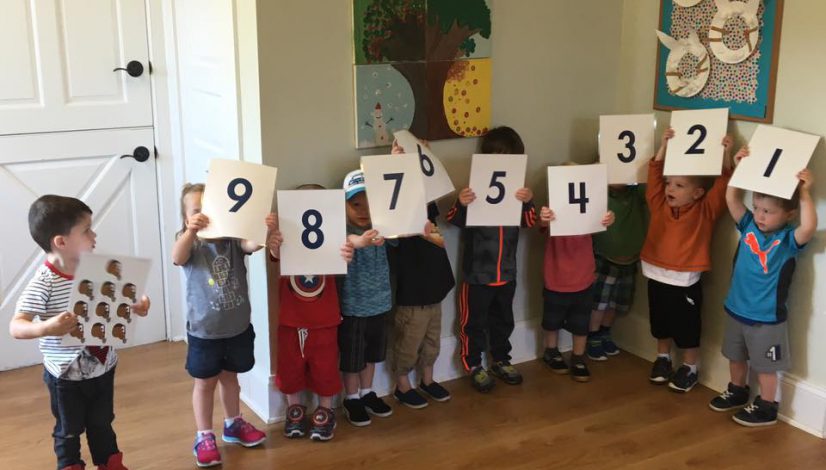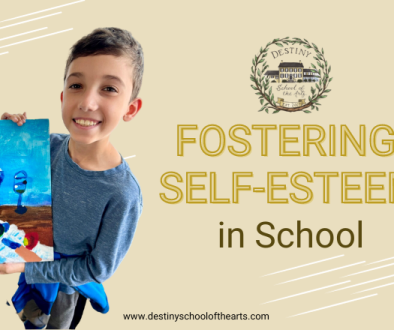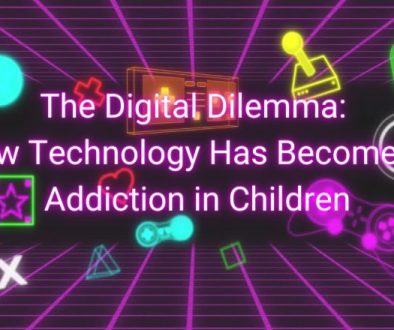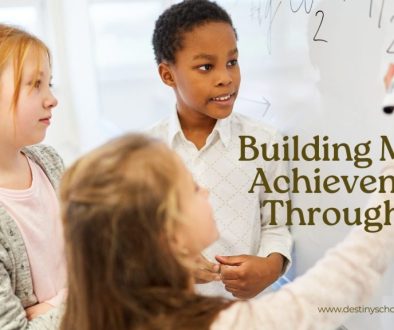Preschool vs Daycare
By Madelyn Alvarez
When my son turned two, I started to wonder if he should be enrolled in a daycare program or a preschool. At the time, both seemed indistinguishable to me, and my quest to find the best early childcare program soon turned into a daunting experience. In the end, after researching several daycares (and many daycares masquerading as preschools), we ended up choosing a private childcare stafford, faith-based preschool program where my son thrived in the years leading up to Kindergarten.
My story is similar to the many number of parents and guardians today who seek guidance or recommendations when determining which program is best for their child. I’ve witnessed countless postings on social media, as well as spoken to desperate parents or grandparents, about the best possible option for their little ones. In fact, during a routine trip to the dentist my hygienist Mandy and I spoke at length about daycare and preschool considerations for her happy-go-lucky two-year-old daughter who Mandy describes as more actively exploring her world each day. As an early-childcare educator and parent with experience in both the daycare and preschool environments, I offered Mandy some important things to consider, which may make the process a little less daunting:
Hours of Operation
Typically, daycare centers are full-time/full-year programs designed to accommodate the working parent or guardian. They normally operate during early-morning hours until late evening and many accept babies as young as six weeks old. Preschools, on the other hand, follow the school-year calendar, beginning classes in the fall and ending in the summer. Preschool classes typically last for a morning with options to attend twice, three times, or five days a week. Many preschools also offer before- and after-care programs, as well as summer camps that appeal to working parents.
Curriculum
Today, daycares are incorporating learning into their programs, although their main focus is more custodial than educational. On the other hand, preschools are learning-oriented and typically follow a certain approach, or philosophy, such as play-based learning or the ever popular Montessori method. Preschools also have a higher educational standard for teachers. Higher formal training translates to teachers who have a clear understanding of basic motor development, a variety of ways children learn, and early language and literacy development, to name a few. All states, however, require a minimum amount of experience for teachers in both programs.
Teachers
It can be difficult to distinguish differences among daycare and preschool teachers because they do share a lot of the same skillset, although there are some distinctions. Working in both programs, I’ve encountered a genuine love from daycare and preschool teachers for the children in their care, as well as a strong dedication to their craft. Oftentimes, the topic of discussion during a break would be centered around a funny story involving the children, or to share some new insight into a child’s development. In the daycare program, however, there was more emphasis placed on rule compliance than to curriculum. There existed a sense of apprehension among daycare teachers with regards to upward communication, which unfortunately, extended to conversations with parents. In the preschool setting, information and ideas among parent to teachers, teachers to teachers, and upper management to teachers is continuous and free flowing. Regularly scheduled meetings with an exchange of thoughts and knowledge aids in teacher growth, which ultimately benefits the child. In the end, one of the most important things to consider when researching your options is to determine if the teachers are happy. When teachers are happy, they stay longer. And when teachers are happy, the children will be happy.




